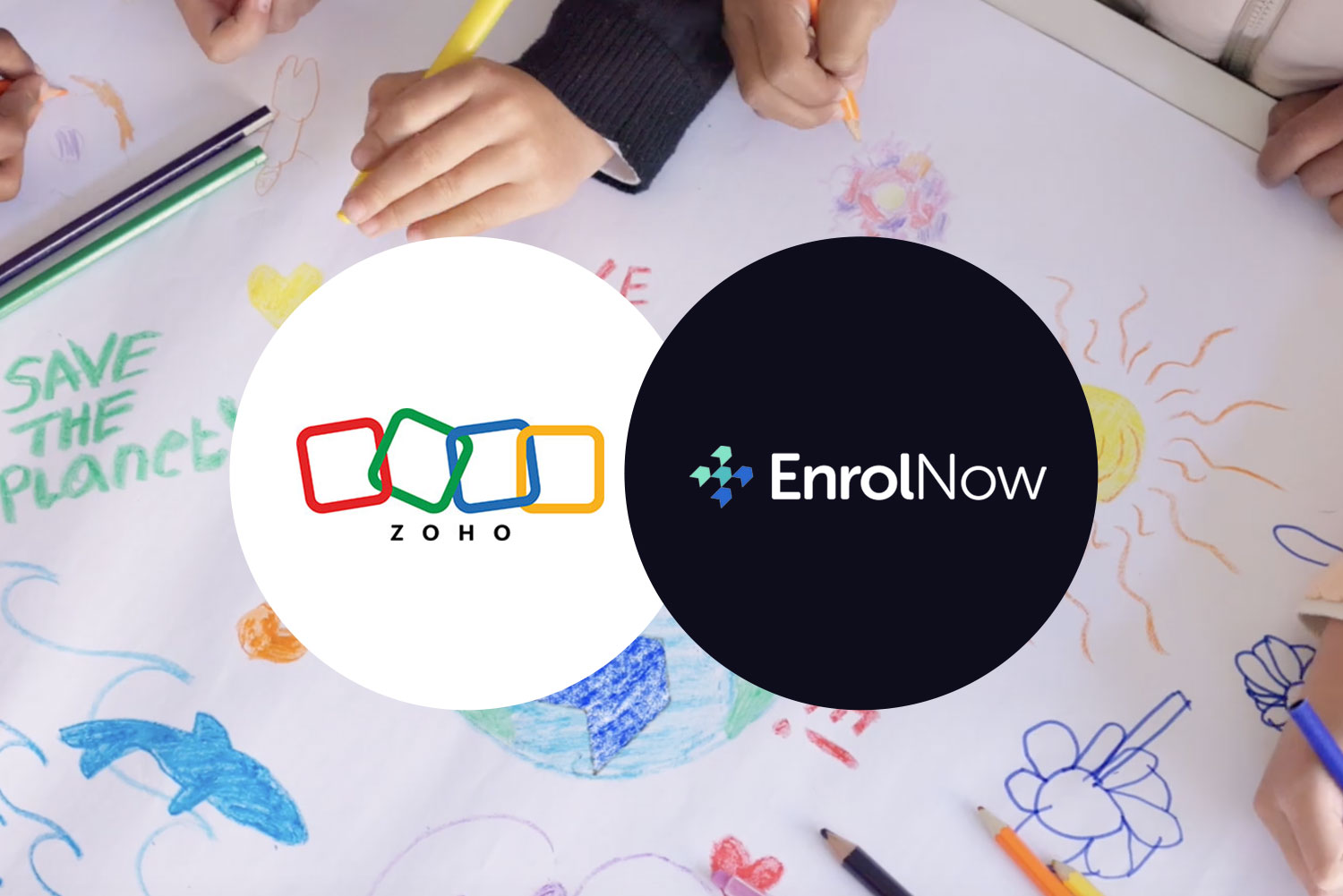Managing a kindergarten or preschool involves more than delivering crafts activities and serving snacks to students (yet both remain essential components). Leadership in preschools require continuous multitasking between student involvement alongside employee direction and parental dialogues while maintaining personal composure. Creation of prosperous learning spaces in kindergartens demands strategic flexibility and successful execution of many duties. So, let’s discuss about some real, practical kindergarten management ideas that actually help create a well-run, happy learning environment.
Kindergarten Management Ideas
Your day will start smoothly through an established routine structure
Kids thrive on routine. Students prefer knowing the plan ahead of time and teachers admit to sharing this preference. A strong structured daily plan provides children with security and minimises disruptions which leads to better daily flow. The main requirement centers on developing the proper equilibrium between structured preparation and flexible organizational approaches. A system that is neither overly strict nor entirely relaxed will achieve the best results for managing the classroom.
A good start? Create a daily routine that creates optimistic early-day energy. Starting the day with a flexible initiative like a welcome song or group activity or checkin creates stability which allows children to feel secure while connecting to the group environment.
The magic of clear communication
Leading a preschool requires you to handle three separate communities including teaching staff, children and their parents. They need various specific communication methods which work differently for each group. When dealing with children communication must be straightforward as well as repeated. Children cannot process two things at once so their brains need time to absorb information before responding.
Regular meetings between staff is one of the best kindergarten management ideas, accompanied by clear expectations will help prevent superfluous misunderstandings. And when it comes to parents? Transparency is key. The classroom process should remain open to parents so they can understand what their children experience daily. Also normalise addressing behavioural issues by showing empathy rather than directing blame towards parents.
Technology is your friend
Even though a few individuals resist technology in early learning settings I want to present my case. The correct tools improve kindergarten management quality and operate as efficient tools for administrators. The EnrolNow kindergarten management system improves enrollment processes by reducing lists while enhancing parent communication which frees up time for the kids. One of our integrations, Kinderloop, provides real-time updates which lets parents follow their child’s educational progression.
The reduction of administrative tasks automatically becomes a winning outcome. Early childhood education remains a noble profession despite the fact that its practitioners never chose this path because they loved paperwork and spreadsheets.
Making behaviour management feel completely natural
Children come into the world without natural abilities for circular sitting and hand-raising. Presenting positive behavioural expectations to children in school requires better teaching methods rather than traditional discipline practises.
One of the best strategies? Positive reinforcement. By praising children when they display good behaviour they become highly likely to replicate this conduct. Great achievements result from expressing positive remarks about everyday things people do well like “You sit so quietly.” Visual cues which include coloured charts as well as basic thumbs-up/thumbs-down methods help children understand expectations better.
The challenges faced by children who struggle with behavioural issues during the school day warrant proper attention. Instead of punishment, try redirection. Teachers can guide children who throw blocks by demonstrating collaborative construction of tower structures. Guidance serves the main purpose while traditional control methods play a secondary role.
Build an inviting learning environment
Spaces with disorganised settings often draw negative attention to themselves. Schoolrooms tend to become disorganised when they contain excessive toys and posters and multiple distractions. Well-designed kindergarten classrooms use specific arranged space which includes silent reading zones alongside communal learning zones as well as experiential learning centres.
Oh, and natural light. Implementing maximum natural lighting represents a vital change that anyone can accomplish. The level of energy (regardless of teacher or student) consistently benefits from this environment improvement.
Staff management should include emotional stability
Preschool teachers are superheroes. They successfully manage teaching the ABCs and handle all situations ranging from snotty noses to emotional crises. The proper support for staff members stands as the central aspect in managing a kindergarten.
A leader who approaches employees easily and provides ongoing professional development along with scheduled meetings can succeed in team management. Gratitude works wonders as well. Staff recognition plays a substantial role in preserving team motivation levels.
Parent involvement
Parents fall into two groups: the intensely involved members who join everything, and those who completely disappear. Striking the proper equilibrium stands as the key element to offer parents suitable engagement opportunities.
The management of occasional parent-child activities combined with simple learning extensions that families receive at home and open communication through newsletters creates sustainable parental involvement. Simply saying you need parent volunteers for a field trip will trigger instant parent disappearance.
Financial management
Ah, budgeting. Every preschool relies on this essential management component though most educators would prefer not to discuss it. The nonstop monitoring of financial data stands as an essential duty for maintaining a kindergarten’s proper operation including staff payment control and programme funding.
A kindergarten management system provides tools that make it possible to see how funds are allocated and automatize payment processes including enrolment fee collection. When operating on a limited budget never discount the support of local businesses because these businesses usually welcome opportunities to donate materials or event sponsorship in return for modest marketing exposure of their business.
Being able to adapt to the unexpected challenge
The recent past has clearly demonstrated that organisations must maintain flexibility as their primary operational principle. Practical adaptability saves operations when schools need fast adjustments during times of closure or when new policies or employee vacancies occur.
Schools that maintain backup strategies such as remote learning instructions and extra replacement teachers and disaster activities command better stress management during unplanned procedures. Every kindergarten teacher knows that plans will inevitably go wrong because kindergarten operations frequently shift from the planned schedule.
Final thoughts: Keeping the joy alive
A preschool functions best when children experience safety alongside happiness together with excitement in their learning environment. A well-organized kindergarten system reduces the administrative load that makes management hectic even though it remains an understatement that running a preschool can be complex.
A kindergarten management solution such as EnrolNow allows administration to become simpler thus freeing time for teachers to focus on child education. The reality is no one chose early childhood education to dedicate their workdays to paperwork. So, let’s make life easier. Consider EnrolNow as your solution for effective preschool administration. You’ll thank yourself later.



